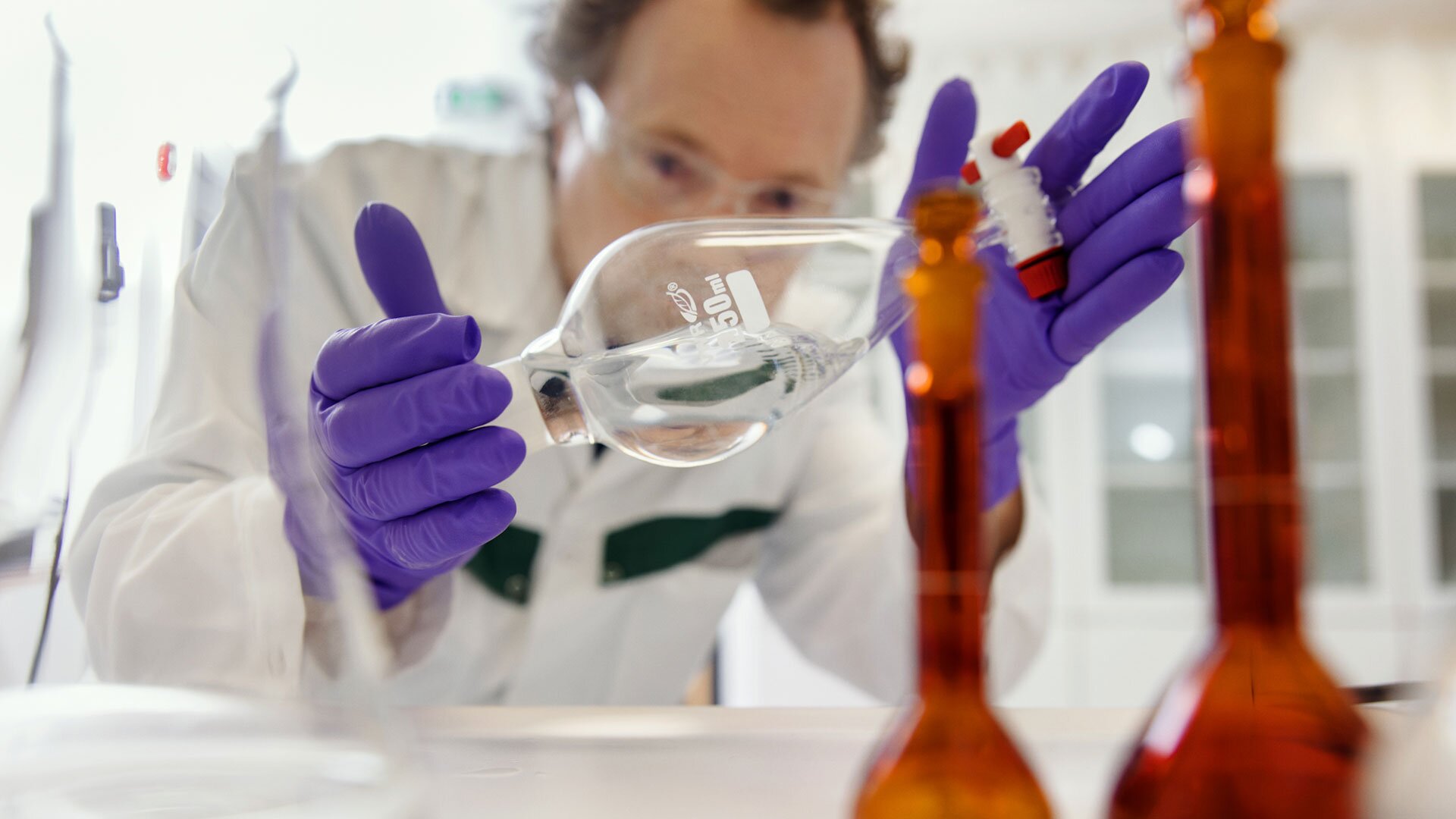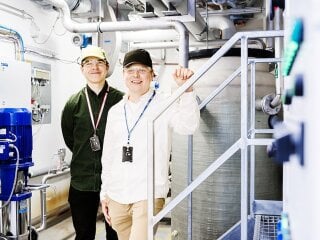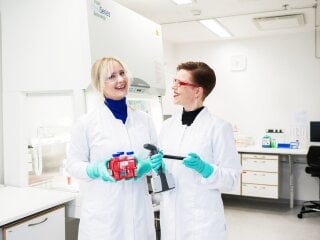What would be the best way to examine the adverse effects of novel pharmaceutical ingredients on the central nervous system? One option is to teach a deep learning algorithm to identify brain cells showing toxic changes. This is just one of the discoveries that could significantly benefit drug development and patients.
How can we reduce the CO2 emissions of our plant by 43,000 kg per year? By heating the plant and the water with recovered flash steam, for example.
The exceptionally speedy development process of a new, innovative emollient cream for dry and atopic skin. The production of spare parts for the packaging line with a 3D printer at the next-door printing shop, and the cost savings achieved. The list goes on.
These are examples of the ideas that Orion’s own employees have come up with as the fruit of their accumulated tacit knowledge and experience. Orion searches for innovations systematically through its ideas competition.
The next ideas competition will focus on the treatment of chronic conditions and, in particular, neurological disorders.
All departments are invited
Like many successful businesses, Orion is keen to tap into its internal innovative resources. These play a major role alongside the official R&D and business development activities.
“Every idea presented by any Orionee is important. The purpose of inviting new ideas systematically across the board is to ensure that employees, regardless of their sector or place in the organisation, have equal access to generating ideas and that no field of expertise is overlooked,” says Paula Lehto, head of the Orion Forward initiative, one of the drivers of Orion’s innovation activities.
The extensive scope of the initiative covers basic research, product development, working methods, responsibility, recycling and developing new business.
“To boost our innovation operations, we have looked for benchmark businesses not only in the pharmaceutical but also in other sectors.”
Ideas are developed with a genuine start-up spirit
The further development of ideas is an essential part of the innovation process. Orion has created a specific process for the acceleration and validation of ideas.
The new process involves methods such as ideas acceleration and rapid development, which are commonly used in start-up companies.
“In addition to their obvious immediate benefits, innovations and brands also sustain a company’s long-term value creation. Innovations enable us to seek growth in global markets,” says Heidi Adler, Orion’s Director for IPR.
Potential seeds of growth in collaboration with stakeholders
COVID-19 has dealt a shock to businesses all over the world. Pharmaceutical companies have been forced to rethink their business development approaches in the new normal. The new normal has, however, also presented the industry with new opportunities. Digital healthcare services have progressed in leaps and bounds and paved way to various service concepts.
“We must try and see into the future and create potential future scenarios to guide our operations,” Lehto says, referring to Orion’s core value Build to the Future.
Identifying potential new seeds of growth requires even closer collaboration with external stakeholders and partners such as universities and start-ups.
One major goal at the moment is to form a wider and more in-depth picture of our customers and their needs and care pathways. The new methods are specifically geared towards gaining customer insight, shared development practices and experimental culture.
“Creating something new in partnership with stakeholders, such as patients, patient organisations, physicians and funding providers will play a key role in our future innovation work,” Lehto says.











